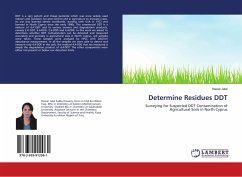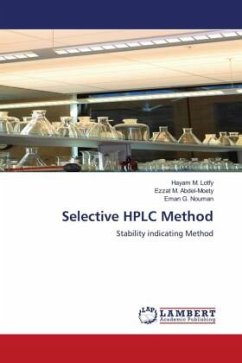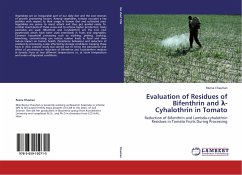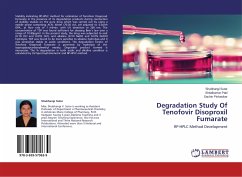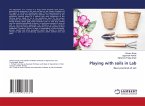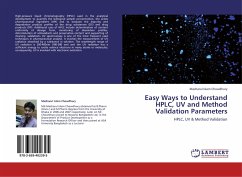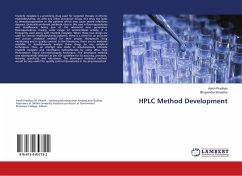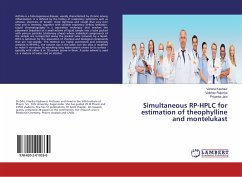DDT is a very potent and cheap pesticide which was once widely used indoors and outdoors for pest control and in agriculture to increase crops. Its use was banned almost worldwide, starting with USA in 1972 and banned in North Cyprus since the early 1980s. The commercial DDT is a mixture of 4,4'-DDT and its various isomers and degradation products, namely 2,4'-DDT, 4,4-DDD, 2,4-DDD and 4,4-DDE. In this work we aimed to determine whether DDT contamination can be detected and measured accurately and precisely in agricultural soils in North Cyprus, soil samples were taken. These samples were analysed by HPLC with DAD-UV absorbance measurement. In all the samples we were able to detect and measure only 4,4-DDE in the soils, the residual 4,4-DDE that we measured is simply the degradation product of 4,4-DDT. The other components were either not present or below our detection limits.
Bitte wählen Sie Ihr Anliegen aus.
Rechnungen
Retourenschein anfordern
Bestellstatus
Storno

